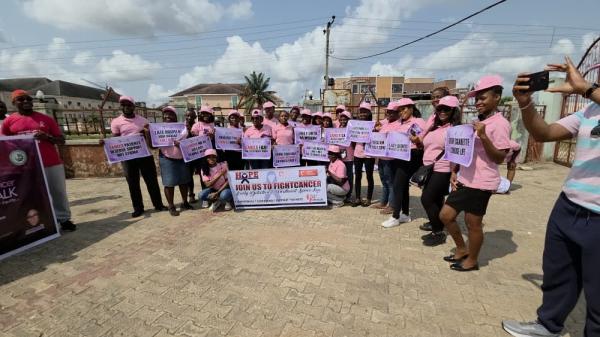
Test of Ebola drug has started in the African country Mali by vaccination of 3 health workers. It was made known Thursday, October 9, according to NBC News.
Thus, it is the first vaccine to be rushed into clinical trial in the course of the ongoing epidemic of the deadly tropical virus currently ravaging West Africa.
The reports say that there will be months until the drug becomes available, and even that amount will allegedly be not enough for mass vaccination, but mainly for health workers. Meanwhile this year’s Ebola outbreak has already claimed nearly 4,000 lives and got more than half of that infected.
The fears continue to grow as the virus has sneaked into Europeand the United States.
Health experts expressed optimism saying that the step made is already crucial to getting doctors, nurses and technicians to help fight the outbreak. It would be recalled that health workers treating patients infected with the virus are at highest risk of Ebola contraction.
Samba Sow, Director General of Mali’s center for vaccine development commented on the development:
“This is just the critical first step in a series of additional clinical trials that will have to be carried out to fully evaluate the promising vaccine. However, if it is eventually shown to work and if this information can be generated fast enough, it could become a public health tool to bring the current, and future, Ebola virus disease epidemics under control.”
The drug was developed at the U.S. National Institute of Allergy and Infectious Diseases. While Mali is not affected by Ebola, experts stressed the importance of launching trials in Africa. The next series of clinical trials is expected in Gambia.
The developers led by the University of Maryland reinstated the objectives, which they explained weeks ago, saying they intend to check the safety of the vaccine and its effectiveness.
According to Dr. Myron Levine, director of the Center for Vaccine Development (CVD) at the University of Maryland School of Medicine,
“This research will give us crucial information about whether the vaccine is safe, well tolerated and capable of stimulating adequate immune responses in the highest priority target population, health care workers in West Africa. If it works, in the foreseeable future it could help alter the dynamic of this epidemic by interrupting transmission to health care and other exposed front-line workers.”
The World Health Organization (WHO) had previously promised to start vaccination in West Africa by November 2014, if the vaccine is proved safe.
While it usually takes almost a year to get a clinical trial started, in connected with the current situation it became important to rush the testing after 2 months.
Another official of the University responsible for the trials, Dr. E. Albert Reece, concluded:
“Ebola is among the most urgent international public health issues we are facing. This research will play a key role in helping to solve it.”






















